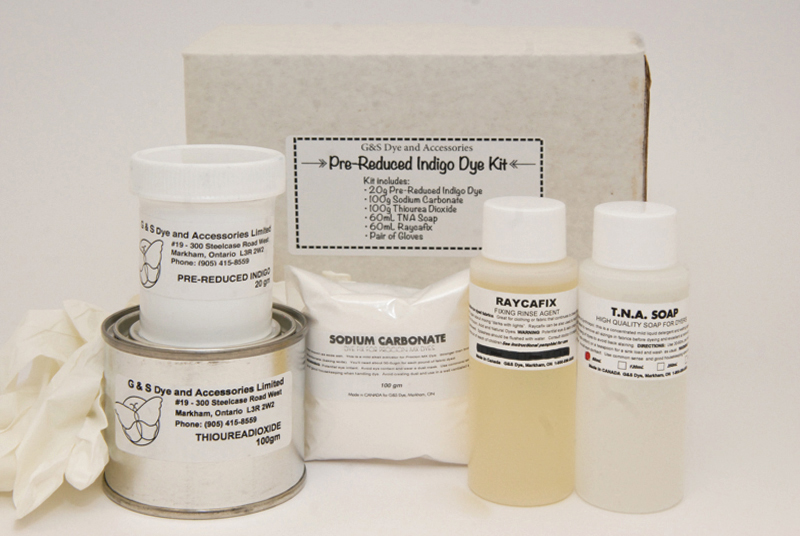Top Choices for Indigo Dyes to Perfectly Color Your Clothes and Fabrics
The Best Indigo Dye for Clothes A Comprehensive Guide
Indigo dye has a rich history and cultural significance, tracing back thousands of years. It is one of the oldest dyes used for coloring fabrics and is renowned for its deep blue hue, often associated with denim. Over time, various sources of indigo dye have been developed, each with unique qualities and applications. This article explores the best indigo dyes for clothes, examining both natural and synthetic options to help you make an informed decision for your dyeing projects.
Understanding Indigo Dye
Indigo is a plant-based dye historically derived from the leaves of the indigo plant, mainly belonging to the Indigofera species. The blue color comes from the indigo compound, which undergoes a chemical transformation called reduction to become soluble in water. This soluble form can then bond with cotton or other natural fibers, resulting in the beautiful blue shades we see on textiles today.
Natural Indigo Dyes
For those who prioritize sustainability and authenticity, natural indigo is the best choice. Products derived from natural indigo have several advantages
1. Eco-Friendly Natural indigo is biodegradable and poses little risk to the environment, unlike many synthetic dyes that contain harmful chemicals.
2. Unique Variations Each dyeing process with natural indigo yields unique, hand-crafted results. The variations in color depth and hue give garments a distinct character.
3. Cultural Significance Embracing natural indigo connects you to traditional dyeing techniques practiced in cultures worldwide, particularly in Asia, Africa, and the Americas.
Among natural indigo sources, *Indigofera tinctoria* is the most popular. It produces a rich, vibrant blue and is commonly used in artisanal textile projects. However, procuring and preparing natural indigo can be labor-intensive, requiring expertise in fermentation and reduction processes.
Synthetic Indigo Dyes
Synthetic indigo dyes were developed in the late 19th century and have gained popularity due to their consistency, affordability, and ease of use. The two primary synthetic indigo dyes are
best indigo dye for clothes

1. Disperse Indigo Known for its vibrant colors and colorfastness, disperse indigo is ideal for synthetic and blended fabrics. It is widely used in the textile industry for mass production of denim and other garments.
2. Vat Indigo This version is similar to natural indigo but is manufactured in a lab. Vat indigo provides excellent color retention and is suitable for home dyeing projects.
While synthetic indigo might not have the same artisanal appeal as natural indigo, it offers convenience and predictable results. It is a great choice for beginners or those looking to produce garments quickly and efficiently.
Choosing the Right Indigo Dye
When selecting the best indigo dye for your clothing projects, consider the following factors
- Fabric Type Natural indigo works best on cotton and other plant-based fibers, while synthetic indigo can be used on a wider range of materials.
- Desired Results If you seek a rich, organic look, natural indigo is ideal. If you prefer consistency and ease, synthetic indigo is likely a better fit.
- Expertise Level Beginners may feel more comfortable starting with synthetic dyes, as they often come with easy-to-follow instructions and fewer variables.
- Environmental Impact If sustainability is a priority, natural indigo is the clear winner.
Conclusion
Indigo dyeing is an art form that allows for endless creativity in the textile world. Whether you opt for the rich hues of natural indigo or the reliable consistency of synthetic options, the choice ultimately depends on your project's needs and personal preferences. By understanding the characteristics and benefits of each type of indigo dye, you can embark on a rewarding journey of color and craftsmanship that reflects your style and values.
-
The Timeless Art of Denim Indigo Dye
NewsJul.01,2025
-
The Rise of Sulfur Dyed Denim
NewsJul.01,2025
-
The Rich Revival of the Best Indigo Dye
NewsJul.01,2025
-
The Enduring Strength of Sulphur Black
NewsJul.01,2025
-
The Ancient Art of Chinese Indigo Dye
NewsJul.01,2025
-
Industry Power of Indigo
NewsJul.01,2025
-
Black Sulfur is Leading the Next Wave
NewsJul.01,2025

Sulphur Black
1.Name: sulphur black; Sulfur Black; Sulphur Black 1;
2.Structure formula:
3.Molecule formula: C6H4N2O5
4.CAS No.: 1326-82-5
5.HS code: 32041911
6.Product specification:Appearance:black phosphorus flakes; black liquid

Bromo Indigo; Vat Bromo-Indigo; C.I.Vat Blue 5
1.Name: Bromo indigo; Vat bromo-indigo; C.I.Vat blue 5;
2.Structure formula:
3.Molecule formula: C16H6Br4N2O2
4.CAS No.: 2475-31-2
5.HS code: 3204151000 6.Major usage and instruction: Be mainly used to dye cotton fabrics.

Indigo Blue Vat Blue
1.Name: indigo blue,vat blue 1,
2.Structure formula:
3.Molecule formula: C16H10N2O2
4.. CAS No.: 482-89-3
5.Molecule weight: 262.62
6.HS code: 3204151000
7.Major usage and instruction: Be mainly used to dye cotton fabrics.

